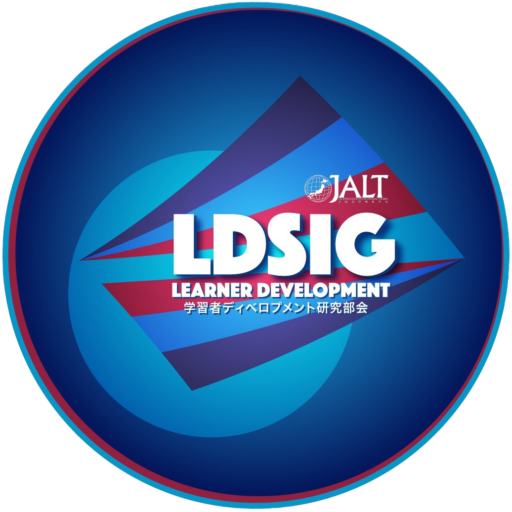Learner Opportunities for Using English as a Lingua Franca with Other Plurilingual Speakers During Fieldwork in Cambodia
カンボジアでのフィールドワークにおける複言語スピーカーとの共通語としての英語使用機会
ジェニー モーガン(和洋女子大学 | Jenny Morgan, Wayo Women’s University
Abstract
In this article I explore questions about English as a Lingua Franca (ELF) contact situations for Japanese university students during a short fieldwork trip in Cambodia. I report on a small study of Japanese students’ opportunities for using ELF with other non-native speakers (NNS), analysing the positive effects of those language-using episodes on students’ “willingness to communicate” in English (L2 WtC) (Yashima, Zenuk-Nishide & Shimizu, 2004). As the vast majority of English users are NNS in an Asian context, there are interesting questions about how Japanese students may shift their perspectives of ideal linguistic role models (Kosaka, 2014) such as: Do they stay with an idealised NS standard? Or do they shift to a position of competent plurilingual NNS user of English? To explore these questions, I surveyed the participants before, during and after the fieldwork trip, carried out interviews and did field observations. During intercultural exchanges with Cambodian university students, the students negotiated meaningful English (and Japanese) communication, despite frequent communication breakdowns. As a result of successful Lingua Franca episodes, students’ perspectives on ideal language models shifted from native speaker norms to include near-peer NNS role models. The students’ identities also changed from learners to users of English. This study indicates that learners’ confidence, motivation, agency for language learning and L2 WtC can be strengthened through different ELF interactions with plurilingual NNS in Asian contexts.
概要
本稿は、カンボジアでの短期フィールドワークに参加した日本人大学生の、共通語 としての英語交流に関して考察する。小規模研究として、日本人学生の他の非英語母語話者との共通語として英語使用機会に焦点を当てながら、そうした英語使用体験が「学習者の英語でコミュニケーションをしようとする気持ち」(Yashima, Zenuk-Nishide & Shimizu, 2004)にいかに良い影響を及ぼすのかを分析した。アジア諸国では大多数の英語使用者が非英語母語話者であることを鑑みると、日本人学生の理想的言語モデル(Kosaka, 2014)の認識の変化に関していくつかの興味深い疑問が浮かび上がってくる。例えば、彼らはフィールドワーク終了後も理想化された英語母語話者基準を持ち続けるのか。もしくは、 有能で複言語を話せる非英語母語話者という姿勢を持つようになるのか。これらの問いを明らかにするため、本研究対象である日本人大学生にフィールドワーク参加前、参加中、そして参加後にアンケートを実施すると共に、インタビューや現地フィールドにおける観察を行った。カンボジア人大学生との交流中、やりとりが途中で中断してしまうことも度々あったが、日本人大学生たちは、英語(そして日本語)で意義のあるコミュニケーションを行い、共通語としての英語でのコミュニケーションの成功を積み重ねた結果、日本人大学生の理想的言語モデルは、ネイティブスピーカーを基準にしたものからノンネイティブスピーカーの自分に近い仲間をロールモデルとしたものへと変化した。また彼らのアイデンティティーも、英語学習者から英語使用者へと変化が見られた。本研究は、学習者の語学学習に対する自信、動機、主体性、そして、第二言語でコミュニケーションをしようという気持ちは、アジア諸国で複言語を話す非英語母語話者と共通語としての英語でやりとりすることにより強化されることを示唆している。
Keywords: Lingua Franca, fieldwork trips, plurilingual speakers, near-peer role models, learner identity
キーワード: 共通語、フィールドワーク、複言語スピーカー、自分に近い仲間のロールモデル、学習者アイデンティティー
Download the full text of the article.
